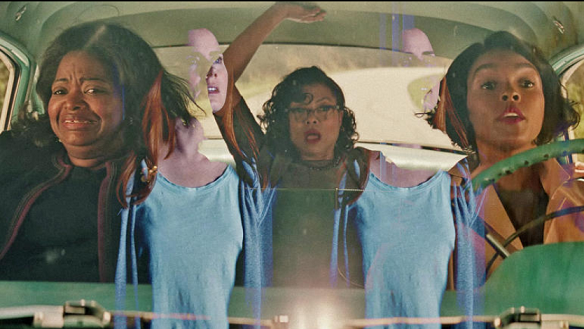
A thousand women surveyed by the Geena Davis Institute and JWT London provide the data behind your thinkpieces.
The ongoing conversation around the issue of representation of women in media has been productive in terms of bringing attention to the issue, but it’s not necessarily changing the nature of the business much. A federal Equal Employment Opportunity Commission investigation released earlier this month found that studios systemically discriminated against female directors, and the numbers there—down to just 7% of the filmmakers behind the 250 highest-grossing movies of 2016, from 9% in 2015—are staggering. But while there are plenty of women appearing in movies, the problem of representation exists on-screen as well as off. Of the nine films nominated for Best Picture in Oscars, only two—Arrival and Hidden Figures—are about women, and that lack of opportunities to see women’s stories told on screen matters. A lot.
That’s what a new survey of a thousand women on role models and representation of women in film and television by the Geena Davis Institute and JWT London shows. Asked if it would be easier for women to be scientists or corporate leaders if we saw more women in those roles on television and in movies, 67% of respondents agreed that it would. (64% said the same about politicians.) More than three-quarters of women agreed that “the sexualization of young girls and women creates the idea that if they aren’t pretty, they don’t matter” and that it “teaches [them] that their bodies are their primary source of value.” And 85% of them say that they believe that the media and culture are even aware of this impact. (Which is probably why it’d be helpful to have more women in leadership roles behind the cameras, as well.)
The survey also reveals some interesting data about what seeing female heroes represented in film and television means to women who are hungry for those role models. A series of questions that start with “Seeing a female hero in film or on television has [blank]” included a number of options: “Made me feel I could achieve anything as a woman,” “Made me feel more capable as a woman,” “Made me feel proud to be a woman,” “Encouraged me to stand up for myself,” and more.
All of those questions saw around 30% of the women who took the survey respond in the affirmative. 37% of women said that female heroes in movies made them proud to be a woman. That’s a significant impact for something that should be commonplace, and it highlights how much wider representation of women matters.


